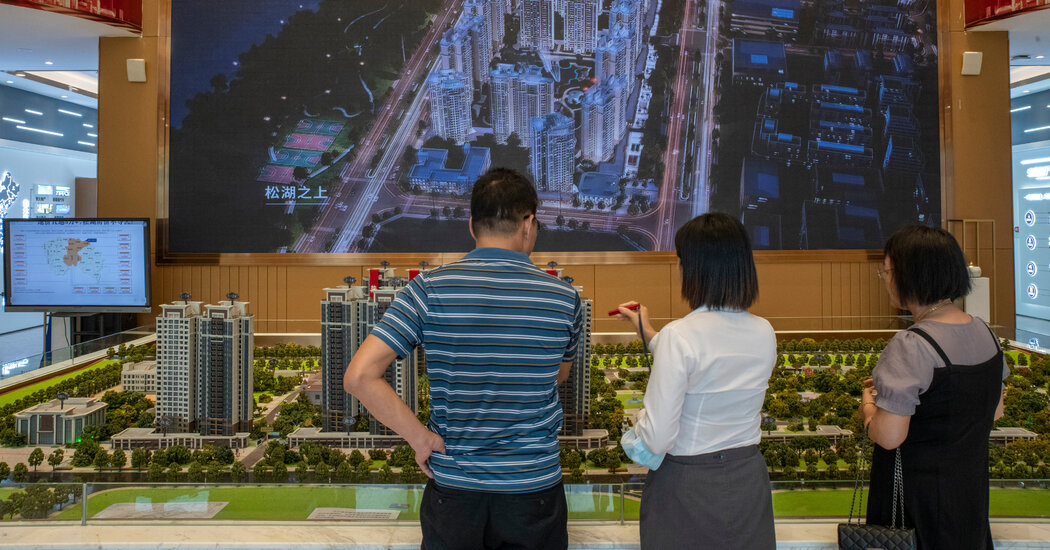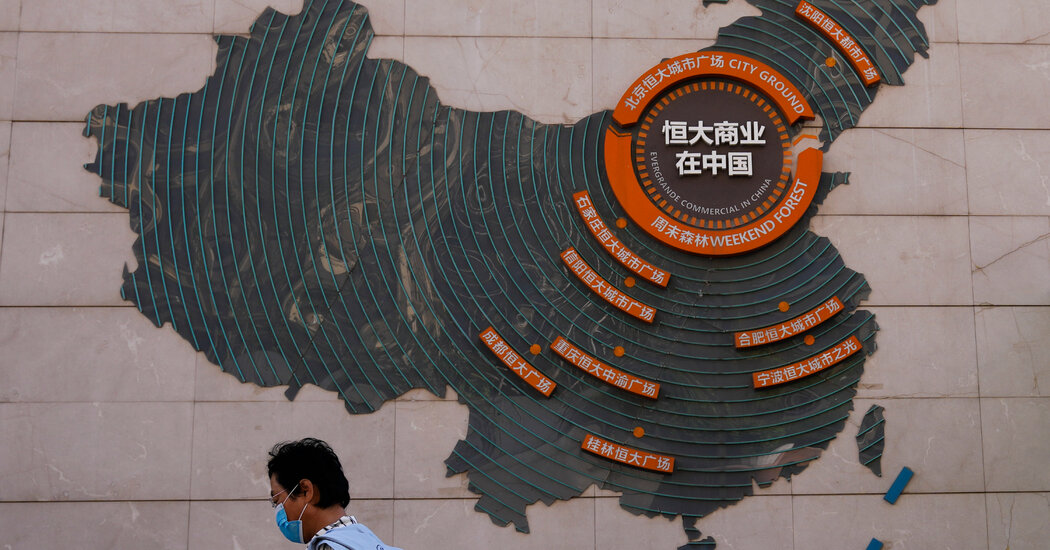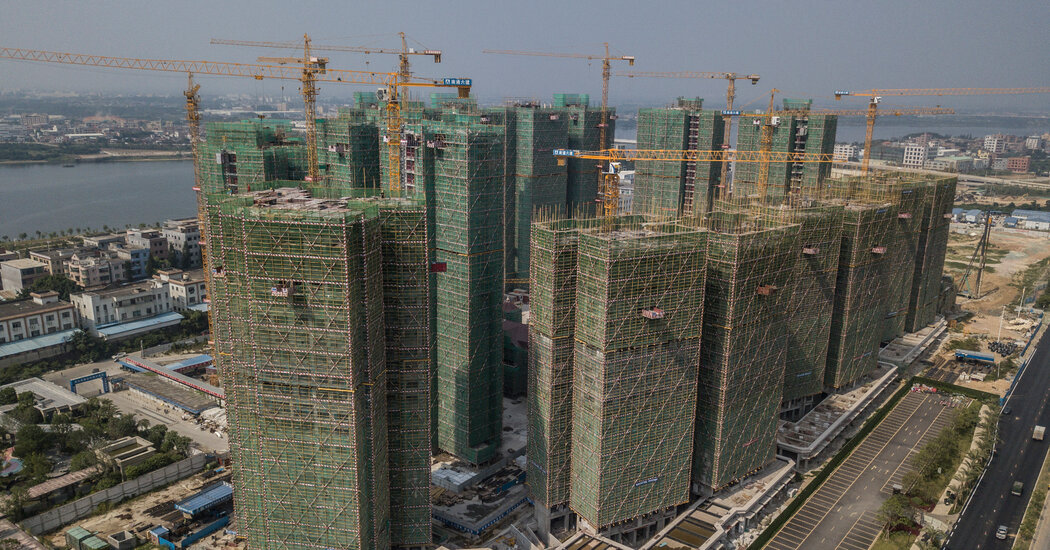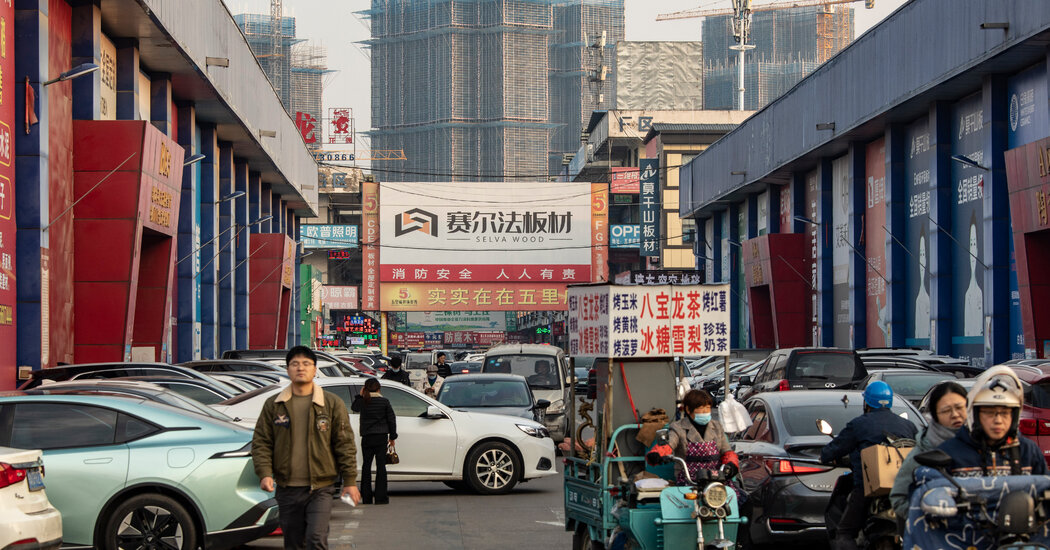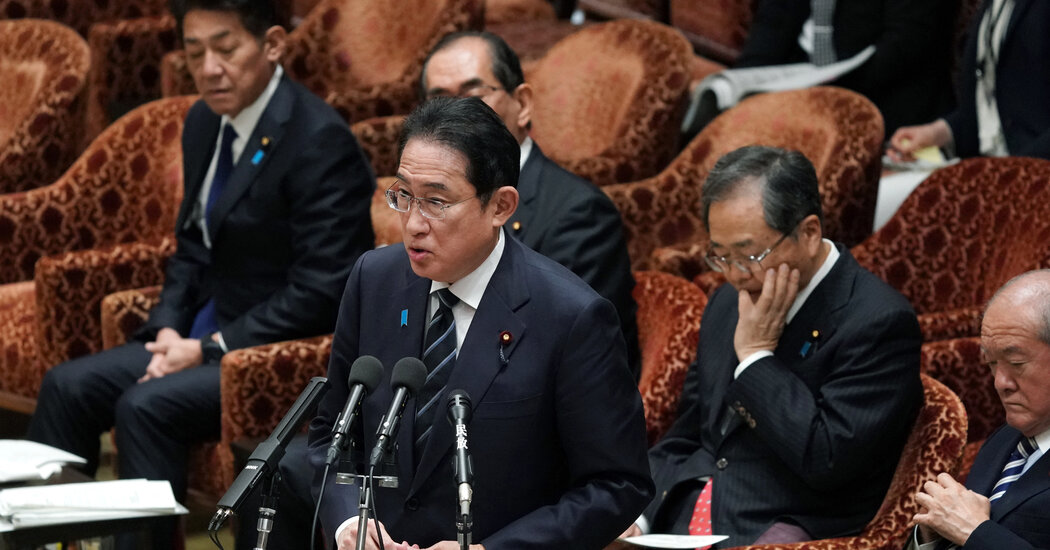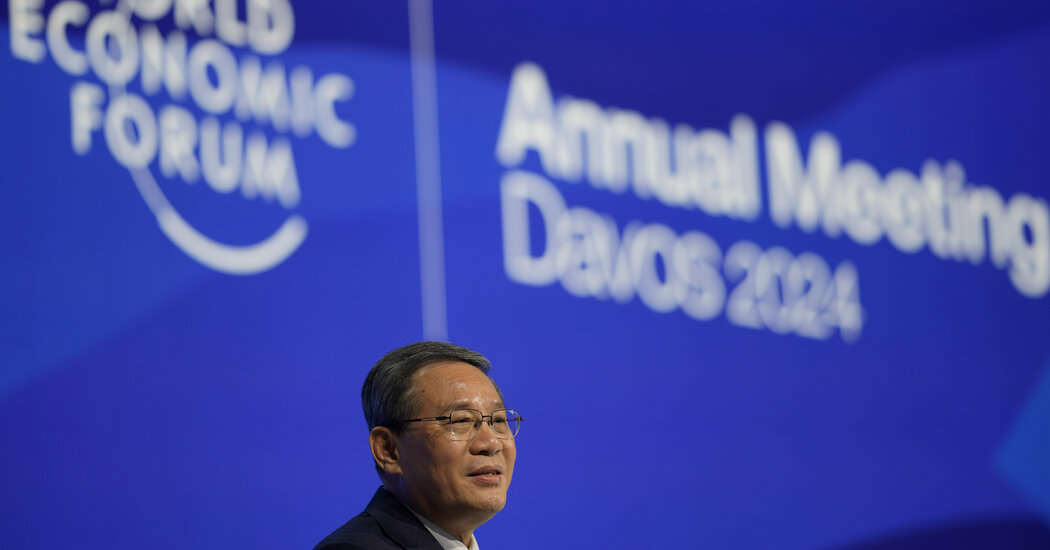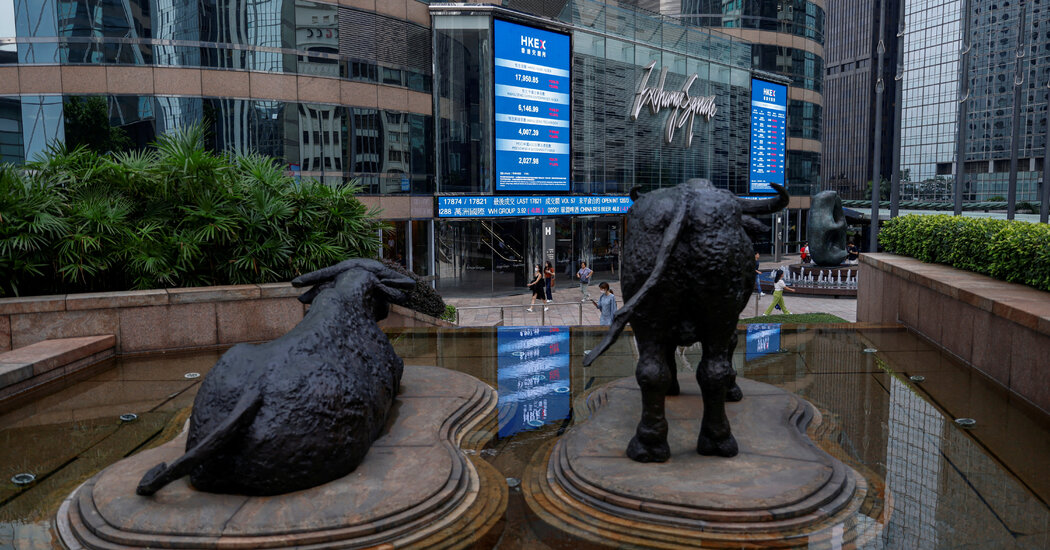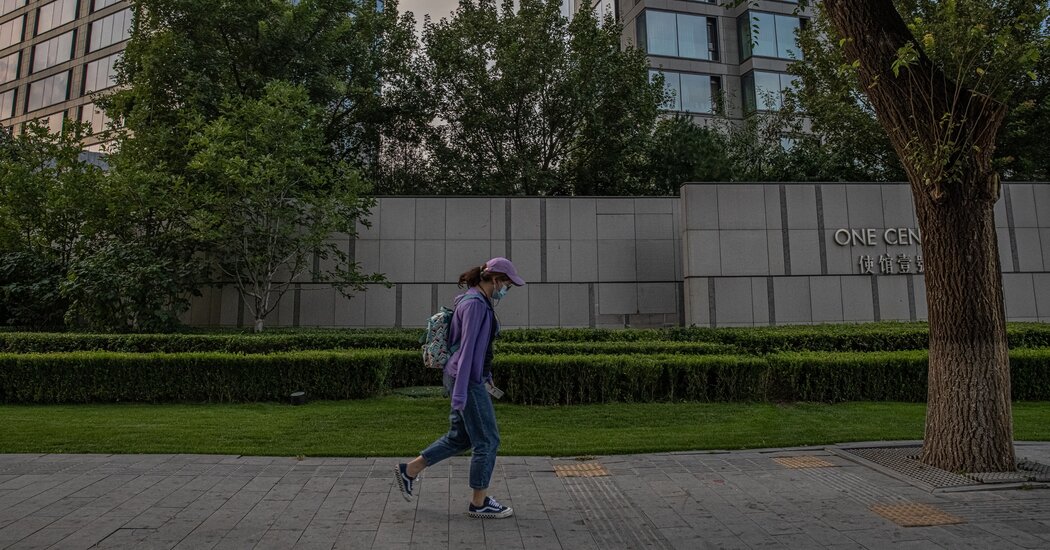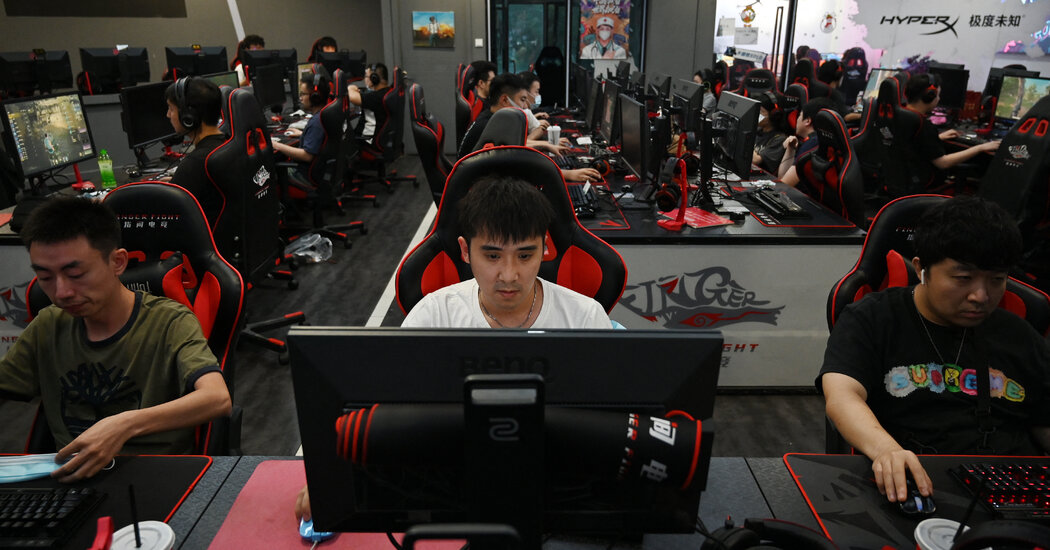The unwavering belief of Chinese home buyers that real estate was a can’t-lose investment propelled the country’s property sector to become the backbone of its economy. But over the last two years, as firms crumbled under the weight of massive debts and sales of new homes plunged, Chinese consumers have demonstrated an equally unshakable belief: Real estate has become a losing investment. This sharp loss of faith in property, the main store of wealth for many Chinese families, is a growing problem for Chinese policymakers who are pulling out all…
Tag: Foreign Investments
China Evergrande Must Be Liquidated, a Judge Said. What Happens Next?
After nearly two years of false starts, last-ditch proposals and pleas for more time, China Evergrande, a massive property company, has been ordered to dismantle itself. It’s a big moment. Evergrande’s collapse in 2021 sent China’s housing market into a tailspin. The worries in real estate, where most households put their savings, helped tip the economy into a downturn. The scale of Evergrande’s empire is enormous: Its developments cover hundreds of cities. It controls dozens of business and is more than $300 billion in debt — a sum far greater…
Real Estate Giant China Evergrande Will Be Liquidated
Months after China Evergrande ran out of cash and defaulted in 2021, investors around the world scooped up the property developer’s discounted I.O.U.’s, betting that the Chinese government would eventually step in to bail it out. On Monday it became clear just how misguided that bet was. After two years in limbo, Evergrande was ordered by a court in Hong Kong to liquidate, a move that will set off a race by lawyers to find and grab anything belonging to Evergrande that can be sold. The order is also likely…
What Hefei, China’s EV City, Says About the State of the Economy
Ultramodern factories churn out electric cars and solar panels in Hefei, an industrial center in the heart of central China. Broad avenues link office towers and landscaped parks. Subway lines open at a brisk pace. Yet at Hefei’s market for construction materials, which fills 10 city blocks, local merchants are gloomy. Wu Junlin, a vendor of doors, has closed two of his three stores and laid off all but one of his dozen employees. “I have been doing this for 20 years — after all these years, this year is…
As China’s Markets Stumble, Japan Rises Toward Record
There’s a shift underway in Asia that’s reverberating through global financial markets. Japan’s stock market, overlooked by investors for decades, is making a furious comeback. The benchmark Nikkei 225 index is edging closer to the record it set on Dec. 29, 1989, which effectively marked the peak of Japan’s economic ascendancy before a collapse that led to decades of low growth. China, long an impossible-to-ignore market, has been spiraling downward. Stocks in China recently touched lows not seen since a rout in 2015, and Hong Kong’s Hang Seng Index was…
Hong Kong Stocks Sink 4 Percent as China’s Economy Scares Investors
China’s No. 2 leader, Li Qiang, traveled to Switzerland with a message for the titans of the business world gathered for the World Economic Forum. “Choosing the Chinese market is not a risk, but an opportunity,” Mr. Li, China’s premier, told an audience in Davos, Switzerland on Tuesday. But there’s a different sentiment about China playing out in the stock market and it’s not so optimistic. The worries over China’s economy have been visible for months in Hong Kong, where stocks plunged 14 percent last year. The new year hasn’t…
Indian Stocks Are Booming. Why Is Long-Term Investment Lagging?
India’s economy is booming. Stock prices are through the roof, among the best performing in the world. The government’s investment in airports, bridges and roads, and clean-energy infrastructure is visible almost everywhere. India’s total output, or gross domestic product, is expected to increase 6 percent this year — faster than the United States or China. But there’s a hitch: Investment by Indian companies is not keeping pace. The money that companies put into the future of their businesses, for things like new machines and factories, is stagnant. As a fraction…
Hong Kong Stocks Plunge to Losses for 4th Straight Year
This summer, when Hong Kong’s stock market rout seemed to have no end in sight, the city’s financial chief, Paul Chan, jumped into action, creating a task force to inject confidence into a market that was being pummeled by global investors wary of China. Hong Kong cut taxes on trading and Mr. Chan went on a roadshow to Europe and the United States, promising measures to “let investors feel optimistic about the outlook.” Investors were anything but sanguine, however, and the city’s Hang Seng Exchange is among the world’s worst-performing…
China’s Property Crisis Blew Up Investments That Couldn’t Lose
One of China’s largest investment firms, Citic Trust, had a clear pitch to investors when it was aiming to raise $1.7 billion to fund property development in 2020: There is no safer Chinese investment than real estate. The trust, the investment arm of the state-owned financial conglomerate Citic, called housing “China’s economic ballast” and “an indispensable value investment.” The money it raised would be put toward four projects from Sunac China Holdings, a major developer. Three years later, investors who put their money in the Citic fund have recouped only…
Tencent and Netease Rally on Signs China May Ease Gaming Proposal
The stock prices of Chinese video game companies rebounded Wednesday after investors seized on signals that the government was having second thoughts about proposed regulations on gaming. Since the weekend, regulators have attempted to calm the market after shares of the two largest video game companies, Tencent and Netease, plunged on Friday. When trading resumed after the four-day holiday weekend in Hong Kong, Tencent rose about 4 percent and Netease jumped 12 percent, recovering some of their losses. The events of the past several days underline the push-and-pull forces in…
